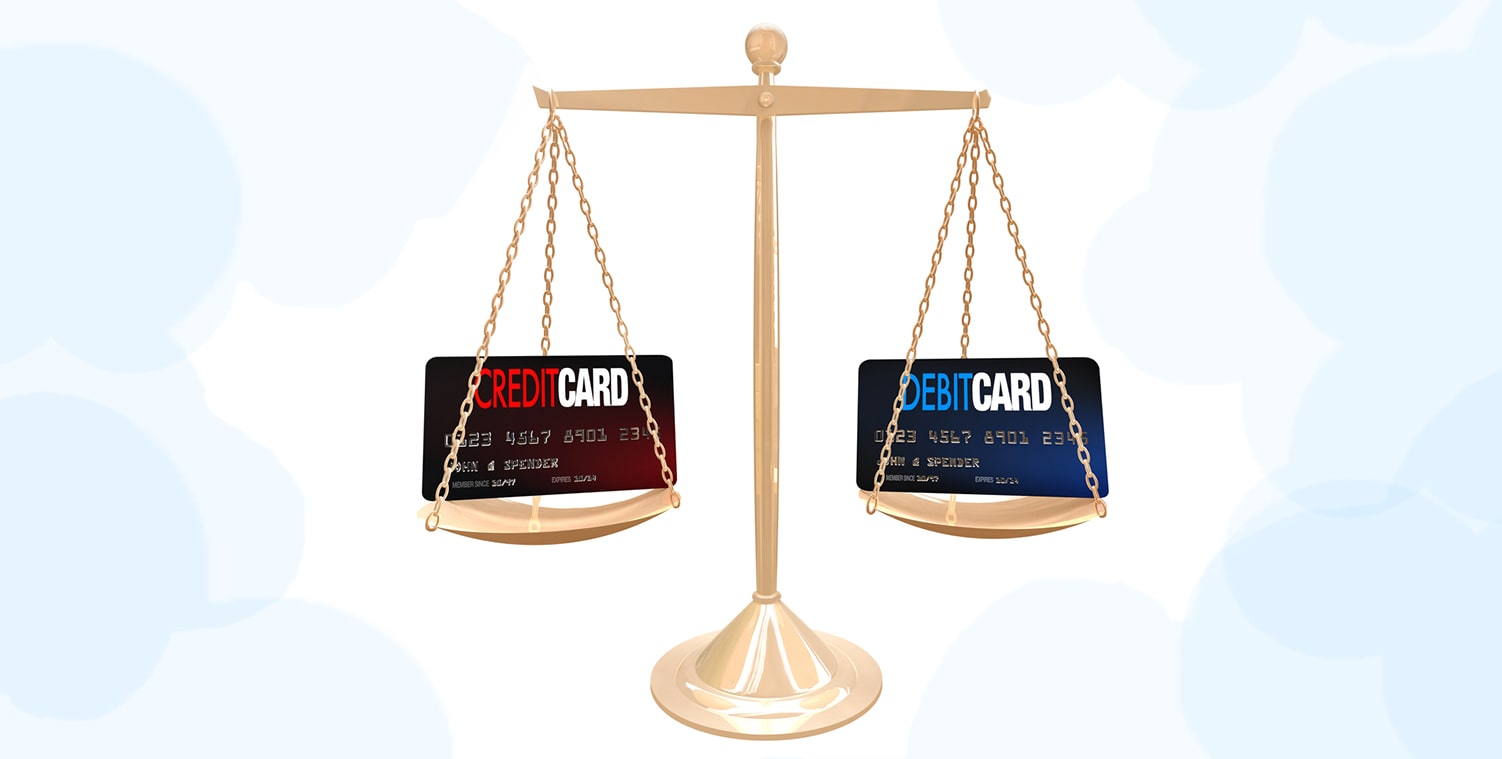
Credit or Debit? There is only one right answer!
Is Your Wallet Full of Plastic?
In today’s world, there are a lot of plastic money options. While they may all look similar in appearance, but in reality, there is a considerable difference. How is the consumer to know?
First of all, is it a MasterCard or a Visa?
This question amazes me! Anyone who deals with finances should know. You just have to look at the number on the card. It goes like this:
- When the number starts with a three (3): it is an American Express card.
- If it starts with four (4): it is a Visa card.
- For cards that start with five (5): it is a MasterCard.
- When the number starts with a six (6): it is a Discover card.
While that is convenient and fun to know, it is not going to make or break your bank account, but what happens at the checkout counter could-
Debit or Credit? Which should you pick? And what happens when you do?
Depending on which you pick, banks will handle your money differently – even when it comes out of the same bank account.
We will keep it simple but let’s delve deeper into this difference to help us decide which we should be choosing.
DEBIT is the favorite for the merchant.
Select DEBIT and you will need to enter your PIN. This authorizes your bank to deduct the funds immediately from your bank account.
If they’re unavailable, the bank has the option—depending on your insufficient funds agreement with them—to pay the charge and then hit you with overdraft fees or if you are luckier, decline the charge.
DEBIT will result in a lower merchant fee for this transaction to your retailer but, YOU will have less options should a dispute result in regards to this purchase.
CREDIT offers you as the consumer more security protection.
The CREDIT transaction requires a signature which the credit card company processes. The merchant processes the funds day by day. Moreover, the amount may or may not be deducted from your account immediately.
MasterCard and Visa. This results in higher merchant processing fees for the consumer.
In most cases, credit cards offer much greater protection in most cases for those whose cards are lost or stolen. The Fair Credit Billing Act allows credit card users more options when dispute arises for unauthorized purchases or purchases of goods that are damaged or otherwise problematic.
As long as you, the consumer, reports the loss or theft of a card in a timely fashion, your maximum liability is typically $50.
Debit card customers now have The Electronic Funds Transfer Act for similar protection. This allows customers to report the loss within 48 hours of discovery. After the 48-hour period, the liability for the consumer is raised to $500 and after 60 days there is no limit.
Fraudulent charges that are made in your name are not assessed to credit cardholders. On the other hand, some debit card providers offer zero-liability protection.
This isn’t universal, though, so you should check with your bank to learn your exact situation for your specific cards.
Do you want to give up your consumer rights at the checkout counter?
If not, you may want to follow the advice I give my children – ALWAYS SAY CREDIT!!
Follow Us On:
